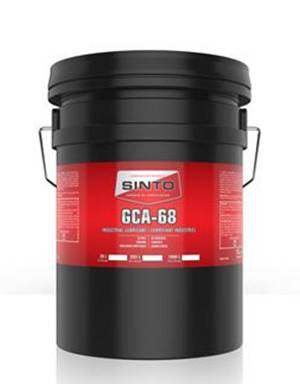Dec . 12, 2024 09:18 Back to list
pvc sheet panel
The Versatility and Applications of PVC Sheet Panels
Polyvinyl Chloride (PVC) sheet panels are becoming increasingly popular in a myriad of industries due to their remarkable versatility, durability, and cost-effectiveness. Composed primarily of plastic, PVC panels are available in a variety of colors, sizes, and thicknesses, making them suitable for numerous applications. This article will explore the characteristics, benefits, and various applications of PVC sheet panels, highlighting why they are a preferred choice among manufacturers, builders, and designers.
Characteristics of PVC Sheet Panels
One of the most notable features of PVC sheet panels is their lightweight nature. This makes them easier to handle and install compared to traditional materials like wood or metal. They are also waterproof and resistant to moisture, which significantly reduces the risk of mold and mildew growth. PVC panels are non-corrosive and do not rot, making them ideal for environments that experience high humidity or exposure to water.
In addition to being durable, PVC sheets are highly customizable. They can be manufactured in a wide range of colors and can be easily printed or painted to achieve various aesthetic effects. Furthermore, they can be cut and shaped to fit specific dimensions, allowing for creative design solutions in residential and commercial spaces alike.
Benefits of Using PVC Panels
Among the many advantages of PVC sheet panels, one of the most compelling is their low maintenance requirement. Unlike wood, which may need regular staining, sealing, or painting, PVC panels can be easily cleaned with soap and water, making them an excellent choice for busy settings. Their resistance to stains, chemicals, and impact also ensures that they maintain their appearance over time, providing long-lasting beauty and functionality.
pvc sheet panel

Another significant benefit is the cost-effectiveness of PVC panels. Compared to traditional building materials, PVC is generally more affordable both in terms of initial costs and long-term maintenance. Their easy installation can also lead to savings on labor costs, allowing businesses and homeowners to get more value for their investment.
Applications of PVC Sheet Panels
The versatility of PVC sheet panels opens them up to a wide range of applications. In the construction industry, they are often used for wall cladding, ceilings, and partitions, as they provide a clean, modern appearance while being easy to install and maintain. In kitchens and bathrooms, PVC panels are commonly used for backsplash and wall coverings due to their water resistance and ease of cleaning.
In the realm of signage and advertising, PVC sheets are favored for their lightweight and durable nature. They can be printed with high-quality graphics and are suitable for both indoor and outdoor use, making them an excellent choice for promotional materials, displays, and point-of-purchase signage.
Moreover, PVC panels have found their place in the automotive and transportation sectors. They are used to create lightweight parts for vehicles, contributing to fuel efficiency while maintaining durability and performance. The flexibility of PVC also allows it to be molded into complex shapes, accommodating various design needs.
Conclusion
In conclusion, PVC sheet panels are a remarkable solution for a variety of industries due to their unique properties and advantages. Their lightweight, durable, and low-maintenance characteristics make them an ideal choice for everything from construction and interior design to signage and automotive applications. As technology advances and the demand for versatile building materials grows, the popularity of PVC sheet panels is likely to continue on an upward trajectory, solidifying their position as an essential component in modern manufacturing and design. Whether you are a builder, designer, or business owner, considering PVC sheet panels could open new avenues for cost-saving and innovative solutions.
-
High-Quality PPR Pipes and Fittings Durable ERA PPR & PVC PPR Solutions
NewsJul.08,2025
-
Black HDPE Cutting Board - Durable, Non-Porous & Food Safe HDPE Plastic Cutting Board
NewsJul.08,2025
-
High-Quality CPVC Panel Durable HDPE & PVC Panels Supplier
NewsJul.08,2025
-
Double PE Welding Rod Supplier - High Strength, Durable & Versatile Welding Solutions
NewsJul.07,2025
-
High-Quality PVC-O Pipe Supplier Durable 75mm PVC Pipe & Connections Leading PVC Pipe Company
NewsJul.07,2025
-
HDPE Drainage Pipe Supplier – Durable & Corrosion-Resistant Solutions
NewsJul.06,2025

